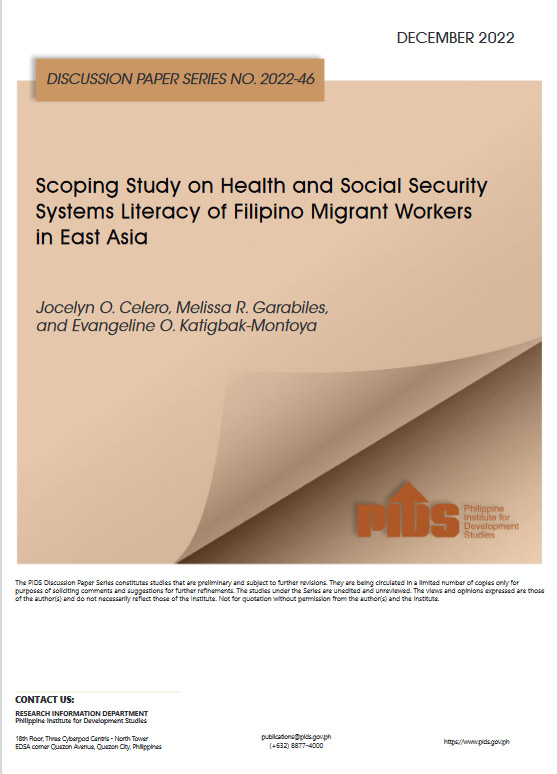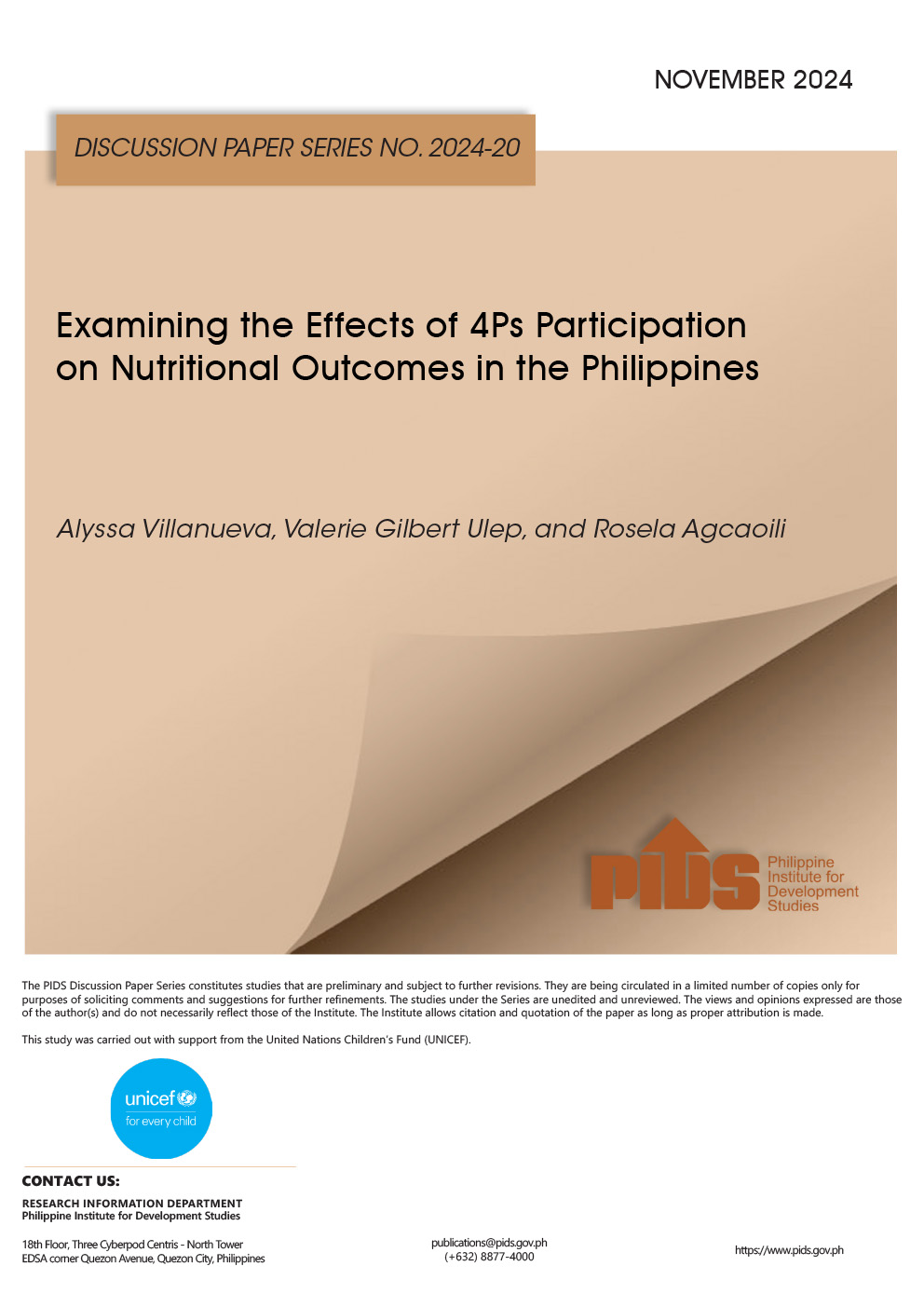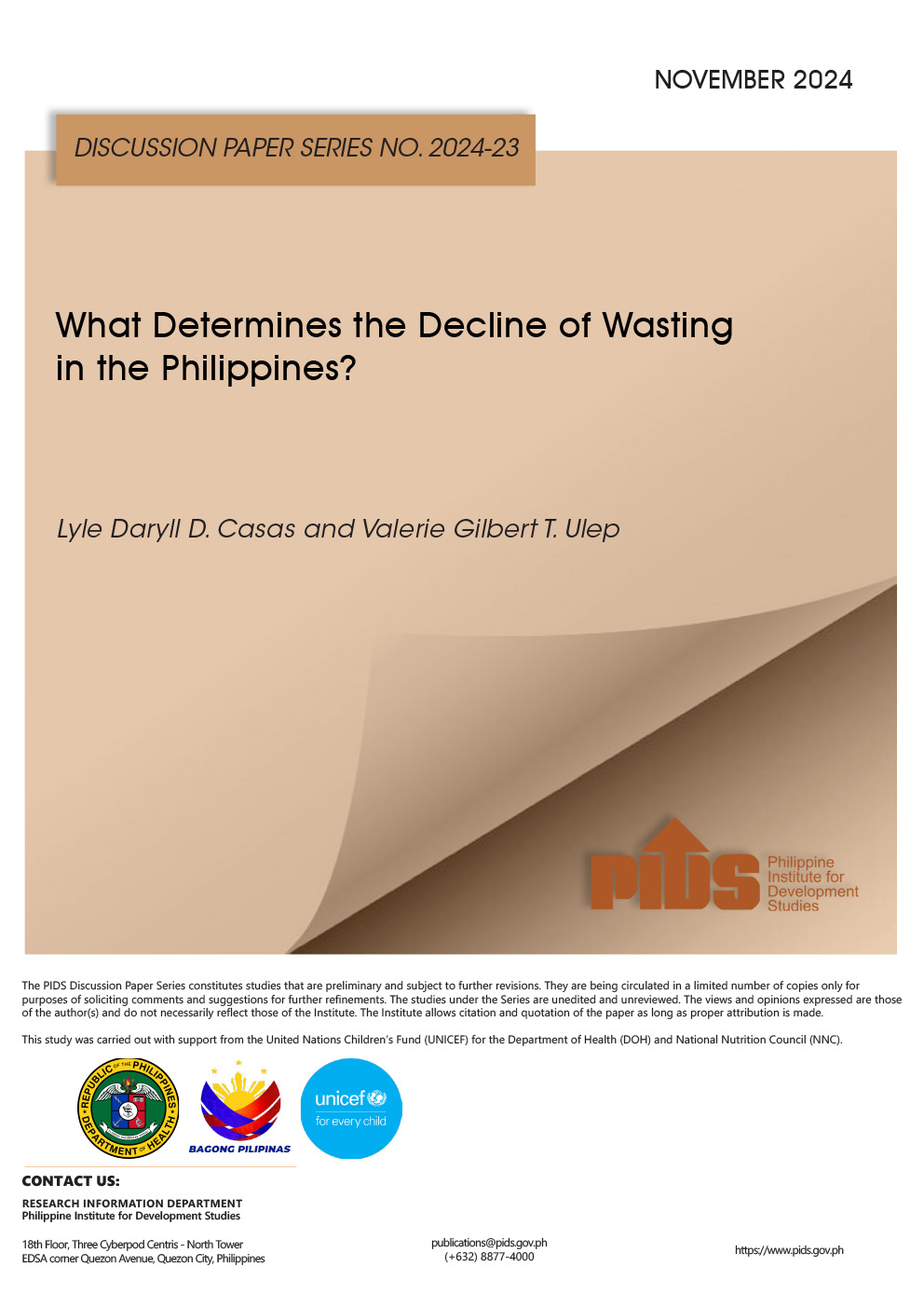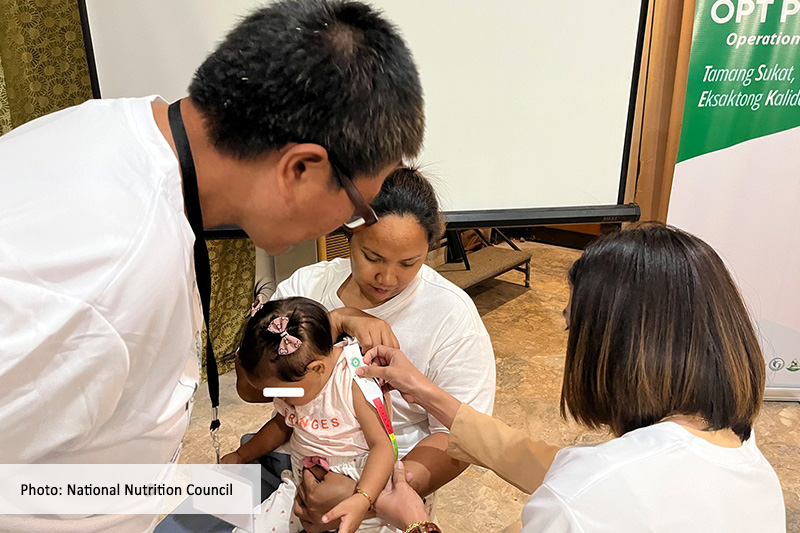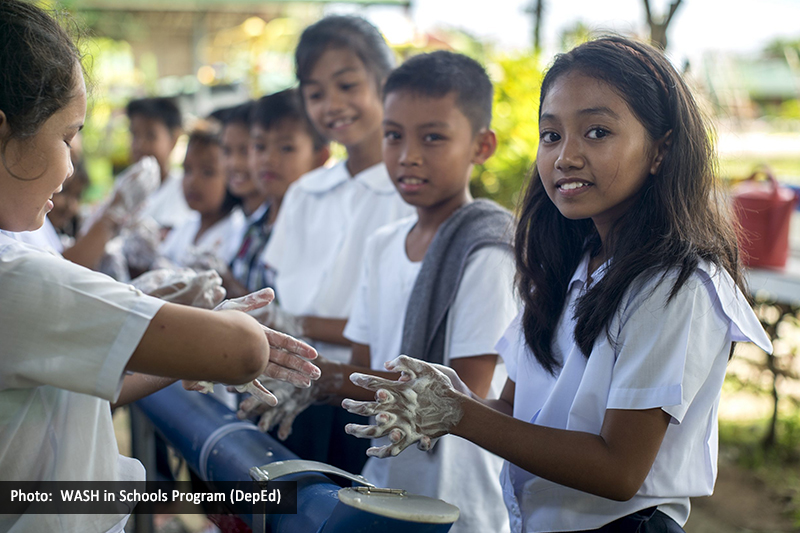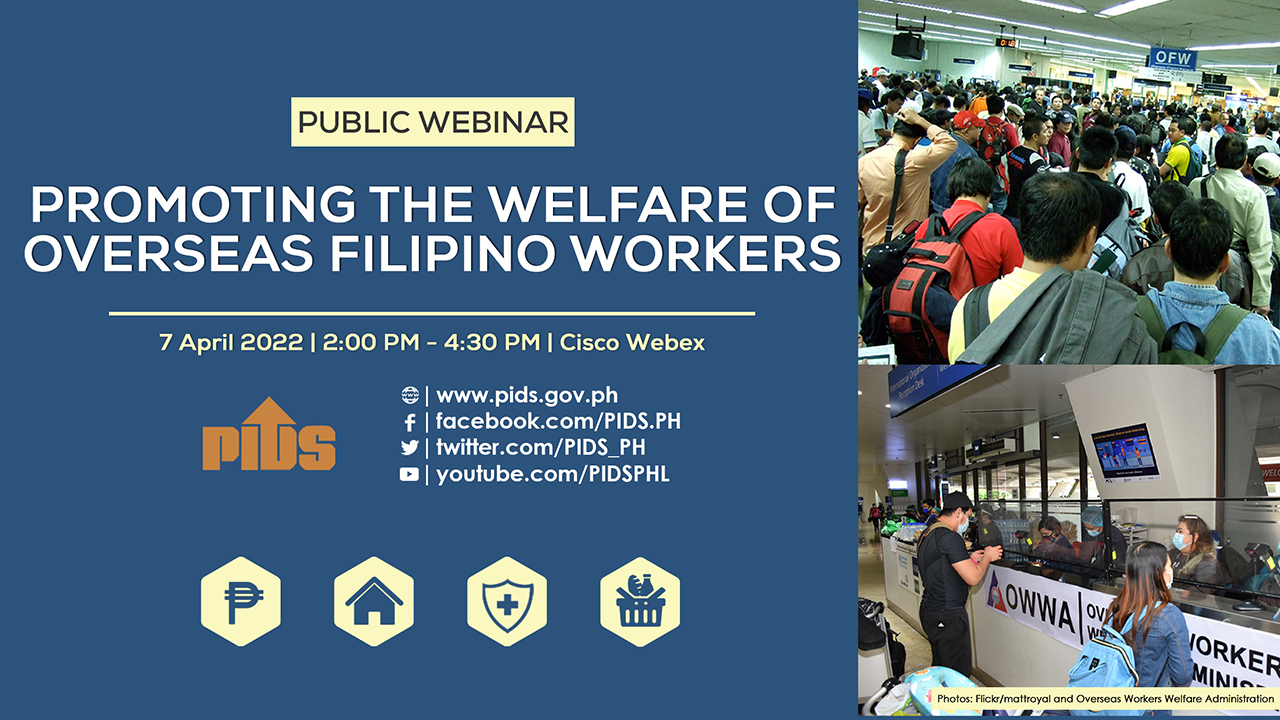The Philippines has been a major source of female domestic labor in East Asia. The migration of Filipino female household service or domestic workers contributed to the sustained economic growth in countries like Japan, Hong Kong, PRC, and Singapore, amidst chronic demographic and labor issues. Being literate in the health and social security systems is vital to ensuring the well-being of Filipino migrant workers and the sustainable development of both the Philippines and East Asian countries. This scoping study examines the state of scholarship on health and social security systems literacy of Filipino migrant workers in East Asian countries, specifically Japan, Hong Kong SAR, and Singapore, as well as the Philippines. Using the Six-Stage Methodological Framework for Scoping Review adapted from notable social researchers (Arksey and O’Malley 2005; Levac, Colquhoun and O’Brien 2010; Liu et al. 2015) and the Preferred Reporting Items for Systematic reviews and Meta-Analyses-Extension for Scoping Reviews or PRISMA-ScR, the study searched for published literature on six databases and extracted studies based on criteria for inclusion using Covidence software.
This scoping review showed that of the 60 studies analyzed, 25 focused on Japan, 16 on Hong Kong, and eight looked at the case of Singapore (including three, which focused on the Association of Southeast Asian Nations or ASEAN); the remaining 11 were about the health and social security systems in the Philippines for OFWs. The study found no existing conceptualization of migrant health and social security systems literacy in East Asia and the Philippines. While a few studies utilize the term ‘health literacy’, these papers also fail to operationalize the concept in the research. Most health and social security systems studies are concerned with accessibility more than literacy. A few studies that include Filipino migrant workers’ experiences with the health and social security systems of destination countries only go so far as describing such experiences using the words “knowledge”, “understanding”, and “familiarity.”
To facilitate consultation as the sixth stage of the scoping review process, the study conducted focus group discussions with Filipino domestic workers in Japan, Hong Kong, and Singapore and semi-structured interviews with select Philippine government agencies. Findings revealed that migrants themselves, governance, social networks, informal channels, and media contribute toward enabling or constraining Filipino migrant workers’ health or social security systems literacy. Most Filipino migrant workers are systems literate only to the extent that they are familiar with and partially understand the basic social and health security schemes offered in destination countries and the Philippines. This study proposes a framework for defining health and social security systems literacy both as a complex process that is intimately tied to the portability of healthcare and social security and as an individual migrant competence that consists of shifting levels of connection to the health and social security systems of the Philippines and destination countries. It offers several research and policy recommendations that advance collaboration between the Philippine government, academics, migrant NGOs, and Filipino migrant workers.
Comments to this paper are welcome within 60 days from the date of posting. Email publications@pids.gov.ph.
Citations
This publication has been cited 1 time
- Ordinario, Cai. 2023. PHL social security systems must be more portable–PIDS. BusinessMirror.

